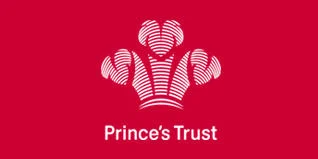DiSTO Youth
The projects associated with DiSTO Youth aim to fill gaps in our knowledge around young people’s digital skills and the outcomes they achieve through use of ICTs. They combine qualitative and quantitative research methods to construct and test survey instruments and evaluate the effectiveness of interventions related to digital engagement with young people.
Overview
The DiSTO youth projects adapt the #DiSTOsurvey measures for skills, uses and outcomes and develop new measures related to motivations, attitudes and support networks in relation to ICTs. Most are focussed on understanding to what extent digital inequalities exist amongst the generation of so-called ‘digital natives’ and which interventions might be most effective in tackling digital exclusion.
Collaborations
The DiSTO NEETs (with the Prince’s Trust) and the Digital Reach(Nominet Trust) project are direct applications of the DiSTO surveys and more information about these is given below. The Benessere Digitale(Milan Univeristy) and the Globaland EU Kids Onlineprojects (multi-stakeholder collaboration) have integrated measurement instruments from the DiSTO projects for their research project. Please visit their websites to find out more.
Digital Reach Evaluation
The Digital Reach programmeby Nominet Trustwas set up to reimagine the delivery of digital skills training by putting expert youth organisations at the heart of a multi-stakeholder endeavour. All 12 delivery partners have existing and trusted relationships with the hardest-to-reach young people. As part of this programme six pilot projects, across the UK, will test a range of new models to meaningfully improve the digital skills, confidence and resilience of those young people on the wrong side of the ‘digital divide’
LSE’s participation in this project consists of:
- Developing a framework that will help evaluate the impact of the programmes in the Digital Research consortium.
- Identifying a clear baseline and distance travelled for each young person participating in one of the programmes
- Comparing and contrasting the impact of the different projects
- Evaluate the overall programme against the framework of a ‘Theory of Change’
Support
This project is funded through by the Nominet Trust.






